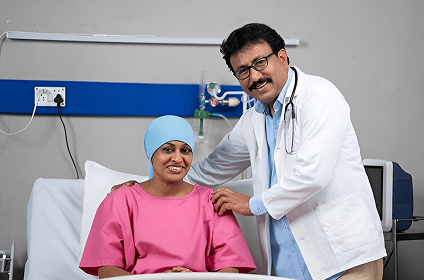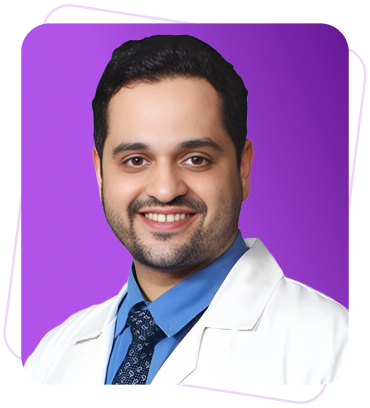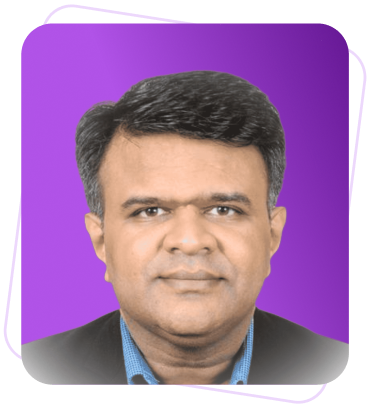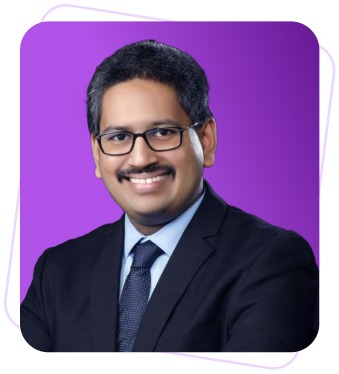Chemotherapy employs drugs to eradicate cancer cells. With this specific cancer therapy, cancer cells are prevented from multiplying, dividing, and generating new cells. A number of cancers can be treated using chemotherapy. Your doctor may refer to chemotherapy as normal chemotherapy, conventional chemotherapy, or cytotoxic chemotherapy.
The medicine chemotherapy has an overall body-wide impact. This implies that it circulates throughout the body via the bloodstream. Chemotherapy comes in a variety of forms. Chemotherapy drugs, in general, are strong chemicals that destroy malignant cells at specific stages of the cell cycle. In all living things, new cells are produced by a process called the cell cycle. Chemotherapy has a greater effect on these rapidly multiplying cells because cancer cells go through this cycle faster than healthy cells.
The negative effects you experience from chemotherapy will depend on the prescription medication or drug combination.
Getting care is crucial once cancer therapy is over. Your medical team can assist you in managing long-term side effects and keeping an eye out for emerging ones. The term for this is follow-up care. Regular physical exams, diagnostic procedures, or a combination of both may be part of your follow-up care.
Yes. Chemotherapy can entirely cure some cancer types since they are sensitive to it.
Most patients don’t feel any pain while receiving treatment, especially if they’re taking tablets or using cream topically. When the needle is inserted for a shot or injection, you can experience an unpleasant sting or prick.
The stage of cancer at which someone begins chemotherapy is not predetermined. There are several variables that affect the kind of chemotherapy medications you get, the dosage, and the timing of treatment.

Early cancer detection using thermal mammography, providing radiation-free imaging for safer and more accurate breast cancer screening and diagnosis.

Personalized treatment attacking specific cancer cells, reducing harm to healthy tissues while increasing therapy effectiveness and reducing side effects for better patient outcomes.

A non-invasive technique reducing chemotherapy-induced hair loss by cooling the scalp, improving patient comfort and emotional well-being during cancer treatment.

Oncologist & Hematologist


MD Medicine (AIIMS) DM Medical Oncology (AIIMS) MRCP (UK), DNB, ECMO
Medico Oncologist & Hemato Oncologist

Indian Cancer Treatment Centre, unit of Sky Oncology LLP is a leading institution established with the aim to provide the best cancer treatment, to all types of cancer patients, in accordance with the latest and ever-changing advances in the field of oncology and provide the best cancer care